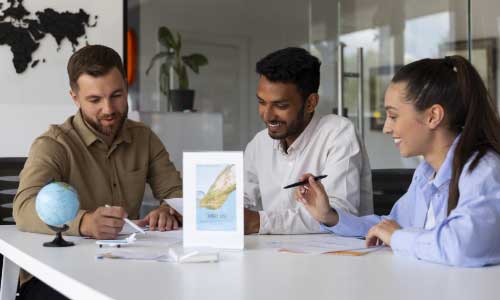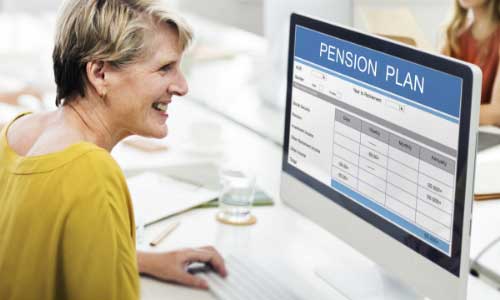Emergency Funds- More Essential than You Imagined!
Invest smart today for a better tomorrow
However, if you have an emergency fund, then you may be able to manage the situation rather than getting burdened by a pile of high-interest debt.
Theoretically, all of you would want to have such funds with you for the off chance of something unfortunate taking place. However, in the real world, most people do not have these funds. When the disaster actually strikes, they are completely unprepared.
How Does Emergency Funds Look Like?
It is suggested that you go for a fund that has the ability to cover at least 3 months of living expenditure for you. The amount of investment should range from as much as your yearly salary to at least a couple thousand UAE dirhams.
When it comes to emergency funds, you go for the secured areas. However, you must as much caution as possible. Moreover, such funds should be easily accessible. You should not deposit them in an account, which will charge a fine for withdrawing it quickly.
Since this fund is easily accessible, you may get tempted to withdraw the money out for things that we call “wants”. Doing this is a big no-no. In case of an actual emergency, all you would be able to do is wish that you had funds in that account. These funds can give you financial security from huge interest costs, which can disturb your finances big time.
If you really cannot resist spending the funds, never carry the concerned card with you. You can store it somewhere safe until the time of actual need.
Insurance is a Protection, but It Will Not Guard You Always!
You may have a whole lot of insurance bills that you have to pay each month. So, if you already have suitable insurance policies, what do you need an emergency fund for? Insurance is already in place for protecting you at the time of the emergencies right?
The answer is both yes & no. For instance, your health insurance will reduce the cost involved in the visit to the hospital and may include a maximum, which you have pay from your pocket. But these maximums do not actually have a low ceiling and you can have quick access to them.
You may easily get burdened with a huge debt within a matter of minutes and seconds that could have been avoided with the help of an emergency fund.

Emergency Funds should be Put in Place at the Beginning, Not the End!
It is possible that you might be saving up various things at once. It is pretty common to have savings account for a new car, your dream house, a retirement account, and a general savings account.
While all these accounts are an important part of your investment plans, an emergency fund account should be amongst the first accounts, which you create. Decide a fixed amount of funds that you want to deposit in them, and you are ready to save. Until the time you have built an emergency fund successfully, other things can wait.
In case you have a debt, count it with your monthly expenses. However, even that has to be brought down steadily. You must do everything possible to accommodate both, an emergency fund and remaining debts (if any) simultaneously.
What should be Your First Step?
The first thing to do is figuring out the amount you would like to have in your emergency account. Then, you need to prepare a list of your basic living expenditures. Calculate your monthly expenses, compare it to your income, and accordingly add up to your emergency fund. In order to ensure that you are always putting the funds in, you can set up an automatic fund transfer with the concerned bank.
Are You Ready for the Worst?
It is not necessary to learn things the hard way. It is quite obvious that an emergency fund is very important to be prepared for the worst. It will keep you covered in case you end up in a financially difficult time. Plan your finance accordingly and make sure you set aside a suitable amount in your emergency account.
More From Investment
- Recent Articles
- Popular Articles




















